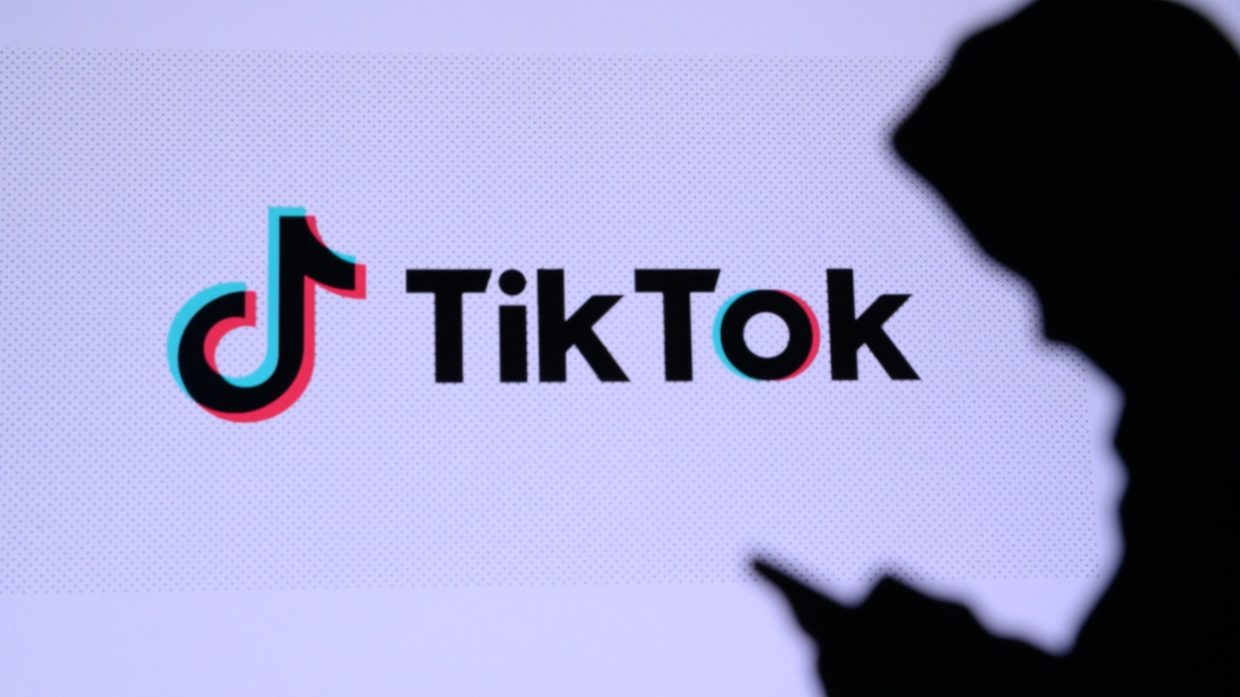TikTok, which is owned by the Chinese social media giant ByteDance, has decided to end its service for Hong Kong users. The TikTok app will cease operations in Hong Kong, but Douyin will remain available in the market.
The move comes in response to China’s national security law regarding the special autonomous region, which was passed on June 30, as part of an effort to suppress the on-going protests that the Chinese mainstream media has labeled “riots.” At the same time, US social media peers, including Facebook and Twitter, said on Monday that they are suspending compliance with Hong Kong law enforcement agencies following the law, the Wall Street Journal reported.
User data protection has been of paramount importance to these tech companies, but for Chinese companies, the new law holds political ramifications. It’s not the first time that the Beijing-based company fell victim to geopolitical issues. Last week, India banned TikTok, Helo, and Vigo Video — all owned by ByteDance — following border disputes between the two countries. The question this begs is how many more markets can ByteDance afford to lose?
Jing Take:
To not offend Beijing or hurt its overseas business, TikTok rightly decided to forfeit its 150,000 Hong Kong-based users.
On the one hand, it cannot comply with the government’s requests to hand over user data because that would be used against the company in overseas markets. And the US is already considering limiting the TikTok’s US-based users, said Secretary of State Mike Pompeo to Fox News.
But on the other hand, TikTok cannot have a presence in the Hong Kong market without obeying the government as a Chinese company. According to detailed rules under the new law, a newly-established national security agency must “collect and analyze intelligence and information relevant to national security.” And in a separate article, the law requires “publishers or service providers of information to provide assistance or remove such information.” That may seem mundane for Tencent’s WeChat and Sina’s Weibo, which have to comply with censorship rules, but it’s problematic in Western democracies, where TikTok has been thriving of late.
The effects for advertisers have rarely been discussed following this move, but what is TikTok doing with its advertising contracts with local or overseas brands that were looking to connect with Hong Kong’s users? It’s certainly not as simple as transferring them over to Douyin.











